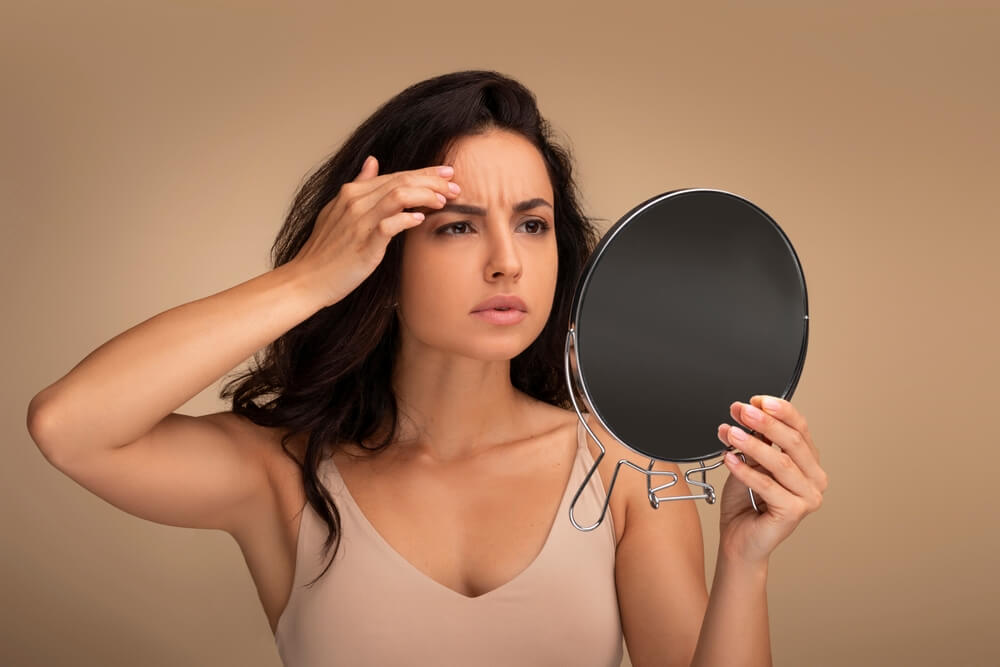Skin is your first layer of defense against the outside world. The skin protects the body in many ways. It provides a barrier to protect the body from invasion by bacteria and other possible environmental hazards that can be dangerous for your health. Your skin can also give important clues to your overall health. Learn to take good care of your skin, so your skin can keep taking good care of you by following our six easy tips to achieve optimal skin health.
Protect Yourself from the Sun
Sunscreen! It’s probably one of the easiest ways to prevent skin cancer, as there are millions of cases each year.
- Use sunscreen every day, even if it’s cloudy. Apply at least 15 to 30 minutes before going outside.
- Choose a broad-spectrum sunscreen that protects against both UVA and UVB radiation. Make sure it is water-resistant and has an SPF of 30 or higher.
- Reapply sunscreen every two hours and every hour if swimming or sweating.
- Limit the amount of time you’re in the sun.
- Accessorize with a hat that shades your face, neck, and ears and a pair of sunglasses.
Don’t Smoke
According to the Mayo Clinic, smoking can speed up the normal aging process of your skin, contributing to wrinkles and other changes to the appearance of your face. These changes include crow’s feet, pronounced lines between the eyebrows, uneven skin complexion, a grayish tone on lighter skin, deep creases and puffiness below the eyes, wrinkles around the mouth, and thinner lips. This is because Nicotine causes blood vessels to narrow, reducing oxygen flow and nutrients to skin cells.
Treat Skin Gently
Did you know that daily cleansing and shaving can take a toll on your skin? It’s essential to treat your skin delicately by:
- Limiting your shower time
- Use warm water versus hot water
- Use mild cleanser versus harsh soaps
- Gently pat day after washing
- Moisturize your skin daily
Manage Your Stress
Stress can take a toll on your body physically. It can also make your skin more sensitive and create acne breakouts and other skin-related problems. It’s vital if you do become stressed that you manage it by scaling back, getting enough sleep, drinking more water, and prioritizing time for self-care.
Eat a Healthy Diet
Eating healthy has a direct correlation to your skin health. Yes, skincare products are excellent and do wonders for your skin, but healthy, beautiful skin starts with nourishment within. Older cells are constantly shedding and being replaced with new cells, and having a consistent supply of essential nutrients, will support the rapid growth. If you feed your skin with vital nutrients like fruit, vegetables, vitamin C, healthy fats, omega 3s, and zinc at optimal levels, it will help you maintain radiant, healthy skin.
Regularly Get Skin Checks
In addition to all the above, it’s essential to schedule a skin exam with a board-certified dermatologist every year. This is where an expert will assess your skin for any indications of cancerous growths, like shiny lumps, flat, pale lesions, or rough/scaly lesions. By seeing your dermatologist routinely, you can catch early warning signs before complications develop.
At Golden State Dermatology, we offer the full spectrum of dermatology care, from Mohs micrographic surgery for skin cancer to medical treatments, cosmetic treatments, and in-house pathology. With over 20 locations across the San Francisco Bay Area and California’s Central Valley, you will be sure to find a Golden State Dermatology practice right in your neighborhood. Click here to schedule your next appointment.
References:
Taylor Hays, M.D., “Is it true that smoking causes wrinkles?” November 19, 2020
https://www.mayoclinic.org/healthy-lifestyle/quit-smoking/expert-answers/smoking/faq-20058153#:~:text=Nicotine%2C%20other%20chemicals%20in%20cigarettes,and%20nutrients%20to%20skin%20cells.







